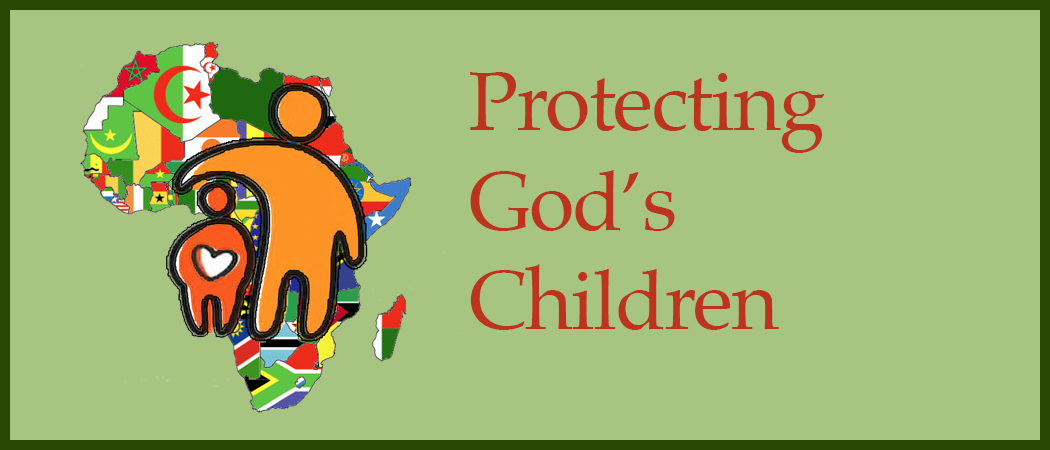
Students In this course will acquire comprehensive, specialized, factual and theoretical knowledge within the field of safeguarding. The aim of this course is thus a thorough basic introduction to the many issues at stake as well as to their interrelatedness, while equipping the students with the competences needed for further augmenting their skills after the completion of the course. In addition, students gain the necessary awareness of the boundaries of their knowledge, taking into account their previous studies and fields of expertise, as well as the new areas and disciplines they learn about.
Students who successfully complete this course develop a comprehensive range of cognitive and practical skills needed in the field of safeguarding, which allows them to solve the challenges they will encounter in their safeguarding activities and deal with them in creative ways. Diploma students will develop the competences needed to:
• recognize signs of abuse in victims and of risks in perpetrators
• assist and support victims of abuse and secondary victims
• reflect on and communicate the spiritual and theological implications of abuse
• engage spirituality in furthering safeguarding goals and measures
• create safeguarding networks in their regions, countries, ministries, schools, and other circles of influence
• identify the instruments for adequate intervention
• adapt and support implementation of context-specific guidelines for safeguarding
• carry out safeguarding at their own locations
These competences will allow them to be assistants in the field of safeguarding who are capable of exercising management and supervision with regard to safeguarding works related to their primary education. In these areas or places, they can handle unpredictable change, serve as organizational development agents, and review, develop, and sustain their own performance and that of others.